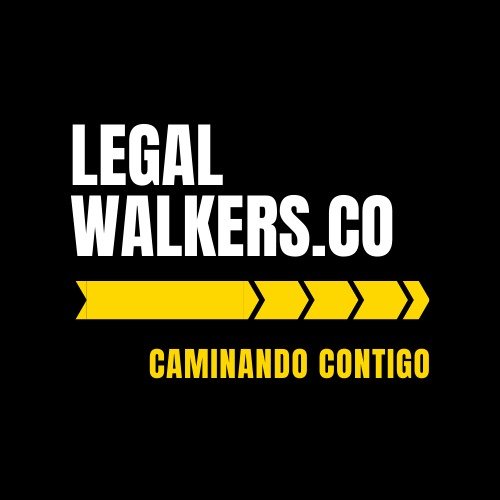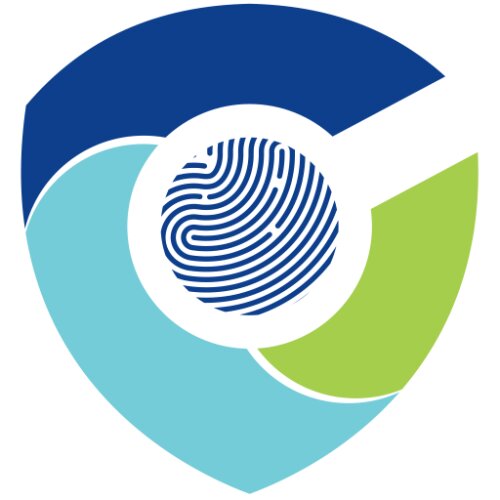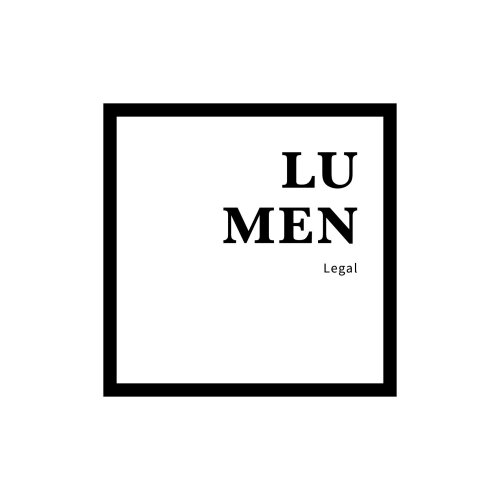Best E-commerce & Internet Law Lawyers in Colombia
Share your needs with us, get contacted by law firms.
Free. Takes 2 min.
Or refine your search by selecting a city:
List of the best lawyers in Colombia
About E-commerce & Internet Law in Colombia
The rise of digital commerce and internet usage has necessitated a specialized branch of law in Colombia known as E-commerce & Internet Law. This legal field governs a wide range of online activities, from buying and selling goods and services to digital communication and the protection of personal data. As Colombia continues to embrace technological advancement, these laws ensure safe and fair digital interactions through regulations that protect consumers, dictate business practices, and safeguard data privacy.
Why You May Need a Lawyer
Situations where individuals and businesses might require legal expertise in E-commerce & Internet Law include:
- Setting up an online business and needing clarity on compliance with e-commerce regulations.
- Handling disputes arising from online transactions or digital contracts.
- Ensuring protection and lawful use of personal and corporate data under data protection laws.
- Dealing with issues related to consumer rights and warranties in online sales.
- Managing intellectual property rights, including copyrights and trademarks of digital content.
- Navigating legal implications of digital marketing and online advertising practices.
Local Laws Overview
Key aspects of local Colombian laws relevant to E-commerce & Internet Law include:
- Law 527 of 1999: This law allows for electronic signatures and outlines the legality of electronic transactions and communications.
- Law 1581 of 2012: Known as the Data Protection Law, it regulates the handling of personal data to protect citizens' privacy.
- Law 1480 of 2011: Also known as the Consumer Protection Law, it provides guidelines specific to consumer rights in e-commerce activities.
- Intellectual Property Laws: Address the management and protection of copyrights and trademarks in the digital domain.
- Habeas Data Principle: Entails the rights individuals have over their personal data, including access and correction rights.
Frequently Asked Questions
What is considered an electronic signature under Colombian law?
Law 527 of 1999 recognizes electronic signatures as any electronic method that allows a document to be attributed to a specific person. It is legally binding and equivalent to a handwritten signature.
How is consumer protection ensured in online transactions?
Law 1480 provides robust guidelines for consumer protection, including the right to information, cooling-off periods, and protections against fraudulent transactions.
What are the primary concerns under Colombia's Data Protection Law?
The main concerns include obtaining express consent for data collection, ensuring data security, and providing mechanisms for data subjects to exercise their rights such as access, rectification, and deletion of data.
How can an online business comply with intellectual property laws?
Businesses should ensure they do not infringe on third-party intellectual property and secure copyrights and trademarks for their content and branding.
Are there specific regulations for digital advertising?
Digital advertising must comply with general consumer protection laws, ensuring that advertisements are truthful, not misleading, and respect consumer rights.
What should companies do to protect themselves from cybercrime?
Implement robust cybersecurity measures, conduct regular audits, and stay updated with cybersecurity laws to protect against data breaches and cyber-attacks.
Is there a guideline for resolving online transaction disputes?
Law 1480 outlines procedures for dispute resolution, including the possibility of mediation through the Superintendency of Industry and Commerce (SIC).
What are the tax implications for online sales?
E-commerce businesses are subject to standard tax obligations such as VAT, and they must ensure compliance with both national and local tax regulations.
How does Colombian law address cross-border e-commerce issues?
Colombia participates in international e-commerce agreements, and companies engaging in cross-border commerce must be aware of both domestic and international trade regulations.
What role does the Superintendency of Industry and Commerce play?
The SIC is the main regulatory body overseeing compliance with consumer protection and data protection laws and addresses complaints and legal issues in e-commerce activities.
Additional Resources
Below are resources and organizations that can provide further assistance:
- Superintendency of Industry and Commerce (SIC): The principal regulatory body for consumer protection and e-commerce issues.
- Colombian Chamber of Electronic Commerce (CCCE): Offers resources and guidance for businesses engaging in e-commerce.
- Ministry of Information Technologies and Communications (MinTIC): Provides information on IT and communications regulations.
- Private Law Firms Specializing in E-commerce: Many offer dedicated services tailored to the needs of digital businesses.
Next Steps
If you need legal assistance in E-commerce & Internet Law, consider the following steps:
- Identify the specific issue you are facing within e-commerce law and gather all necessary documentation.
- Seek initial advice from governmental resources or by consulting online guides offered by the CCCE or SIC.
- Contact a local lawyer specializing in E-commerce & Internet Law for personalized advice and representation if necessary.
- Use their expertise to understand your legal rights and obligations and to navigate any disputes or regulatory requirements.
Lawzana helps you find the best lawyers and law firms in Colombia through a curated and pre-screened list of qualified legal professionals. Our platform offers rankings and detailed profiles of attorneys and law firms, allowing you to compare based on practice areas, including E-commerce & Internet Law, experience, and client feedback.
Each profile includes a description of the firm's areas of practice, client reviews, team members and partners, year of establishment, spoken languages, office locations, contact information, social media presence, and any published articles or resources. Most firms on our platform speak English and are experienced in both local and international legal matters.
Get a quote from top-rated law firms in Colombia — quickly, securely, and without unnecessary hassle.
Disclaimer:
The information provided on this page is for general informational purposes only and does not constitute legal advice. While we strive to ensure the accuracy and relevance of the content, legal information may change over time, and interpretations of the law can vary. You should always consult with a qualified legal professional for advice specific to your situation.
We disclaim all liability for actions taken or not taken based on the content of this page. If you believe any information is incorrect or outdated, please contact us, and we will review and update it where appropriate.
Browse e-commerce & internet law law firms by city in Colombia
Refine your search by selecting a city.













